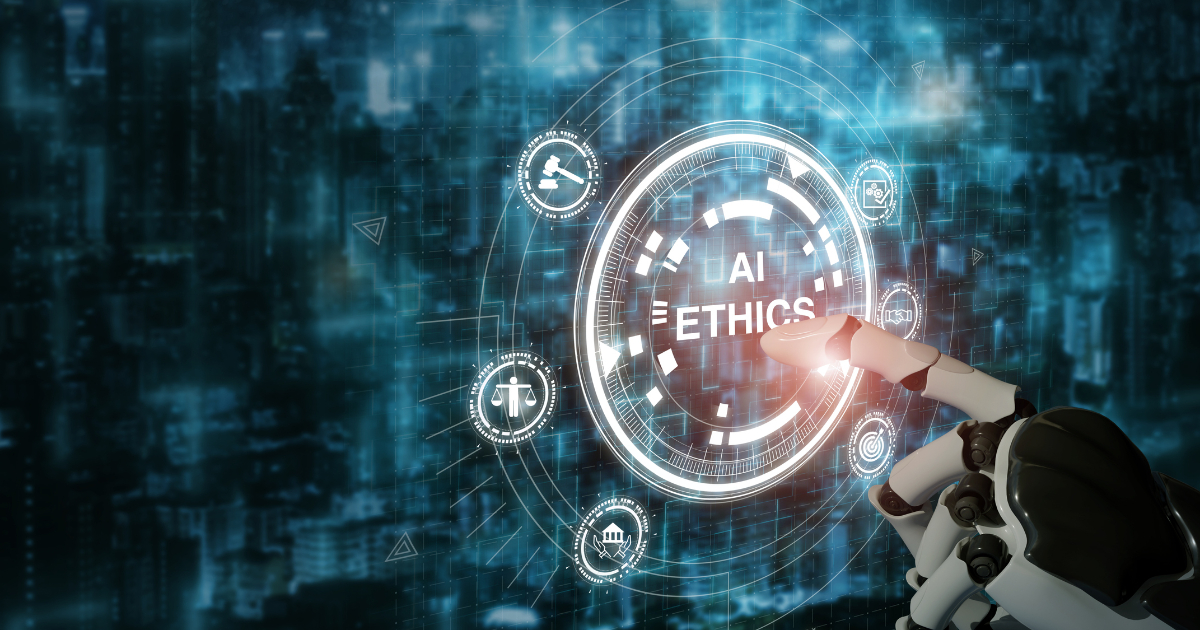Ethical Concerns of Artificial Intelligence
 Lakshith Senthil
Lakshith Senthil
Humans around the world depend on artificial intelligence (AI) for numerous tasks, including fraud detection, conducting surgeries, and predicting stocks. AI has transformed our daily lives by enhancing our problem-solving and decision-making skills. However, there are significant ethical concerns to be aware of when using AI models.
Different Types of Ethical Concerns with AI
When you find issues with AI, you need to analyze them from different perspectives. For example, from a security standpoint, AI systems are vulnerable to hackers and security threats, while from an ethical viewpoint, AI systems pose significant privacy risks.
When examining AI systems, there are various ethical concerns to consider. Some of the main ones include:
Bias and Discrimination
Privacy
Lack of Transparency
While there are many more concerns to address, these are the most crucial ethical issues that can undermine the AI experience.
Bias and Discrimination
AI systems are trained on datasets that might contain certain biases, which can often lead to discrimination. For example, if someone is applying for a loan, an AI model analyzing their application will focus on specific factors based on its training rather than considering the entire application. If the model’s training data included only one race, it might poorly evaluate other races and reject their loan applications, even if they meet the bank’s requirements.
This example highlights the consequences and impacts of using AI models in our daily lives. However, this problem can be mitigated with proper training that considers all possible scenarios. Developers can avoid unnecessary bias and discrimination in their systems by ensuring diverse and comprehensive training data.
Privacy
AI systems need large amounts of data in order to work efficiently and come up with solutions. Most data often contains personal and sensitive information which can lead to privacy risks. If an unauthorized user has access to someone’s data, it can often lead to identity theft, data loss, or other malicious activities. In order to protect people’s data, developers should focus heavily on protection measures and follow certain protocols to help prevent data leaks.
Lack of Transparency
While people use AI systems, not many people know how they work or operate. Humans find it challenging to trust and rely on AI systems without understanding their decision-making process. Developers can address this issue by creating AI systems with explainable models, enabling users to understand how the AI system works and thinks. Humans will start to trust and rely more on AI if they could understand the reasoning behind their decisions.
Conclusion
Despite these problems, AI systems still remain incredibly advanced and will continue to impact our daily lives. However, when using AI systems users should remain cautious and aware of their vulnerabilities.
Subscribe to my newsletter
Read articles from Lakshith Senthil directly inside your inbox. Subscribe to the newsletter, and don't miss out.
Written by

Lakshith Senthil
Lakshith Senthil
Hello, I am Lakshith. I am a 10th-grader passionate about coding and artificial intelligence. I have taught myself multiple programming languages including Python, Javascript, and Dart. My goal as a programmer is to contribute to projects and collaborate with individuals with similar passions.